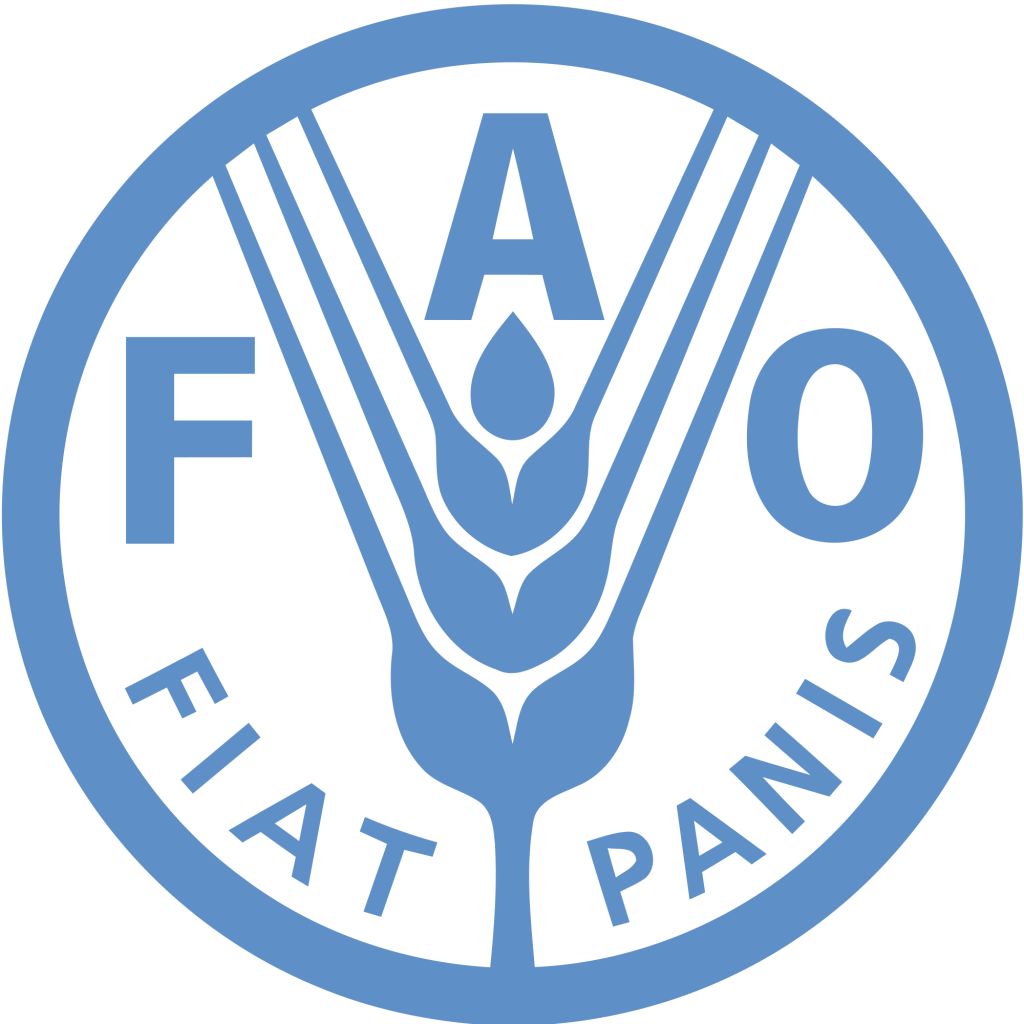Location
The mission of FAO in the Near East and North Africa is to achieve sustainable food security for all and to help vulnerable communities cope with and recover from shocks and crises.
To do this, FAO helps Member States work toward sustainable increases in agriculture production, minimize depletion and degradation of already scarce natural resources, boost rural development and reduce food loss and waste.
Eliminating food insecurity and malnutrition are persistent challenges in the Near East and North Africa. The structural dependence of its countries on food imports, make the region highly vulnerable to shocks, increasing the inability of entire communities to feed themselves.
Recent conflicts and civil instability in many countries of the region have also compounded the situation. As a result, hunger, food insecurity and malnutrition are widespread and require comprehensive and urgent intervention.
FAO is helping governments face these challenges by improving the capacity of countries to collect, produce and analyse data for policy formulation. This is done by strengthening their commitment and accountability and by coordinating efforts for joint action.
FAO also provides direct support to improve the livelihoods of millions of small farmers and rural communities, especially in countries undergoing conflict where the Organization help farmers and their families recover from crises.
Members:
Resources
Displaying 1 - 5 of 57Near East and North Africa Land and Water Days
For many centuries, the people of the Near East and North Africa (NENA) Region were able to cope, and even flourish, under conditions of water scarcity. However, with decades of relentless high rate of population growth, rapid urbanization, and uncharacteristically excessive consumption patterns, the region is now facing unprecedented levels of pressure on its natural resources.
Near East and North Africa Land and Water Days
For many centuries, the people of the Near East and North Africa (NENA) Region were able to cope, and even flourish, under conditions of water scarcity. However, with decades of relentless high rate of population growth, rapid urbanization, and uncharacteristically excessive consumption patterns, the region is now facing unprecedented levels of pressure on its natural resources.
Near East and North Africa Land and Water Days
For many centuries, the people of the Near East and North Africa (NENA) Region were able to cope, and even flourish, under conditions of water scarcity. However, with decades of relentless high rate of population growth, rapid urbanization, and uncharacteristically excessive consumption patterns, the region is now facing unprecedented levels of pressure on its natural resources.
Challenges in Adopting an Integrated Approach to Managing Forest and Rangelands in the Near East Region
Rangelands and forests together account for a major chunk of land in the Near East region. Characterized by semi-arid and arid conditions use of these land faces very severe constraints, which have been accentuated on account of climate change related extreme weather events. Larger changes, especially population growth, changing aspirations of the people, development of markets, globalization, etc. have directly and indirectly affected forests and rangelands.
Challenges in Adopting an Integrated Approach to Managing Forest and Rangelands in the Near East Region
Rangelands and forests together account for a major chunk of land in the Near East region. Characterized by semi-arid and arid conditions use of these land faces very severe constraints, which have been accentuated on account of climate change related extreme weather events. Larger changes, especially population growth, changing aspirations of the people, development of markets, globalization, etc. have directly and indirectly affected forests and rangelands.

